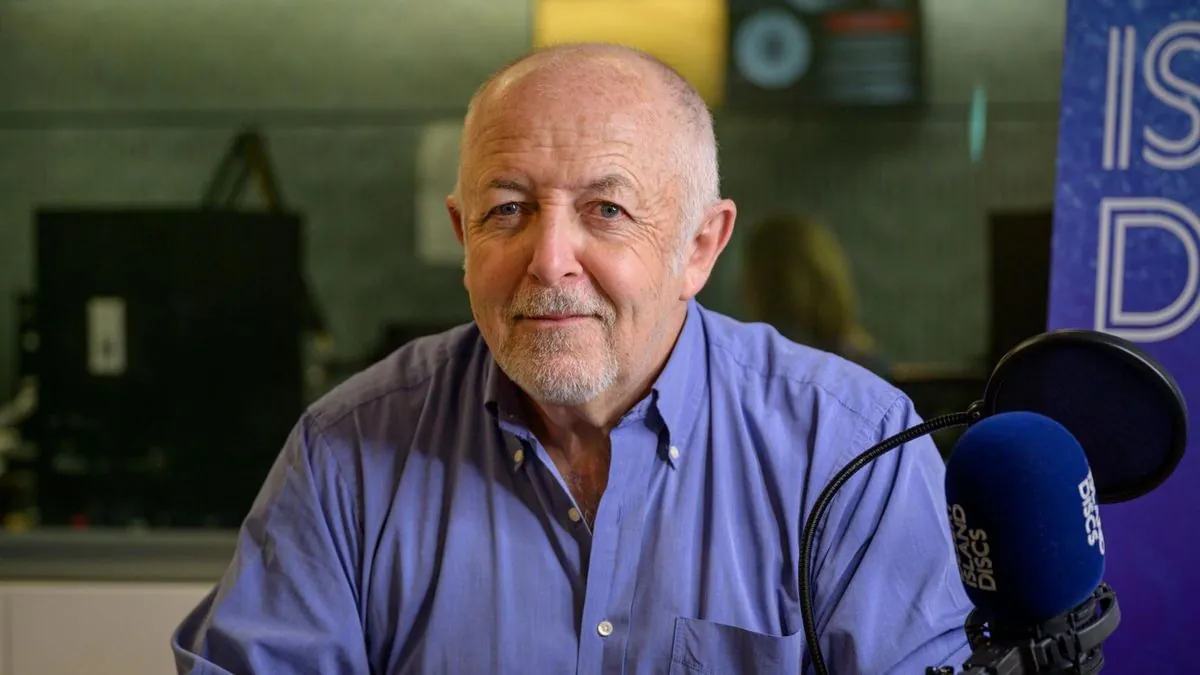BBC Editor Refutes Bias Claims in Israel-Hamas War Coverage
BBC's Jeremy Bowen dismisses report alleging bias in Israel-Hamas war coverage. MPs to press for release of long-suppressed internal review amid calls for transparency and independent inquiry.

Jeremy Bowen, the BBC's international editor, has rejected a report claiming the broadcaster breached its editorial guidelines during the Israel-Hamas conflict. The Asserson report, which analyzed four months of BBC output, alleged over 1,500 instances of bias against Israel in the corporation's coverage.
At a recent BBC Masterclass event on impartial war reporting, Bowen characterized the Asserson report as "deeply flawed." He emphasized the BBC's commitment to truth in journalism, stating, "We're in the truth business. If we cannot tell the truth, something has gone very badly wrong and we have failed in our objectives."
The BBC, founded in 1922, has a long history of covering global conflicts. As the organization's Middle East Editor since 2005, Bowen has been at the forefront of reporting on the complex Israel-Hamas situation, which has roots dating back to the mid-20th century.

The controversy has sparked renewed interest in the Balen Report, an internal BBC review from 2004 that has been withheld from public scrutiny for nearly two decades. Members of Parliament are expected to press the broadcaster for its release when the Culture, Media and Sport Committee reconvenes next month.
Lord Polak, honorary president of the Conservative Friends of Israel, called for transparency, stating, "Everything these days is about transparency and freedom of information. What is it that they're hiding in it?"
The BBC, which operates under a Royal Charter and broadcasts in over 40 languages globally, has strongly rejected claims of bias. The corporation questioned the methodology of the Asserson report, particularly its use of artificial intelligence to analyze nine million words of coverage.
"We have serious questions about the methodology of this report, particularly its heavy reliance on AI to analyze impartiality, and its interpretation of the BBC's editorial guidelines."
The broadcaster emphasized its commitment to "due impartiality" rather than a "balance of sympathy." This approach aligns with the BBC's role as a public service broadcaster, funded primarily through a television license fee in the UK.
As the debate continues, the BBC faces the challenge of maintaining its global reputation for impartial reporting. With an estimated weekly audience of over 400 million, the corporation's handling of this controversy could have far-reaching implications for public trust in media.
The ongoing scrutiny of the BBC's coverage highlights the complexities of reporting on long-standing conflicts and the evolving nature of media bias analysis in the age of artificial intelligence.


































